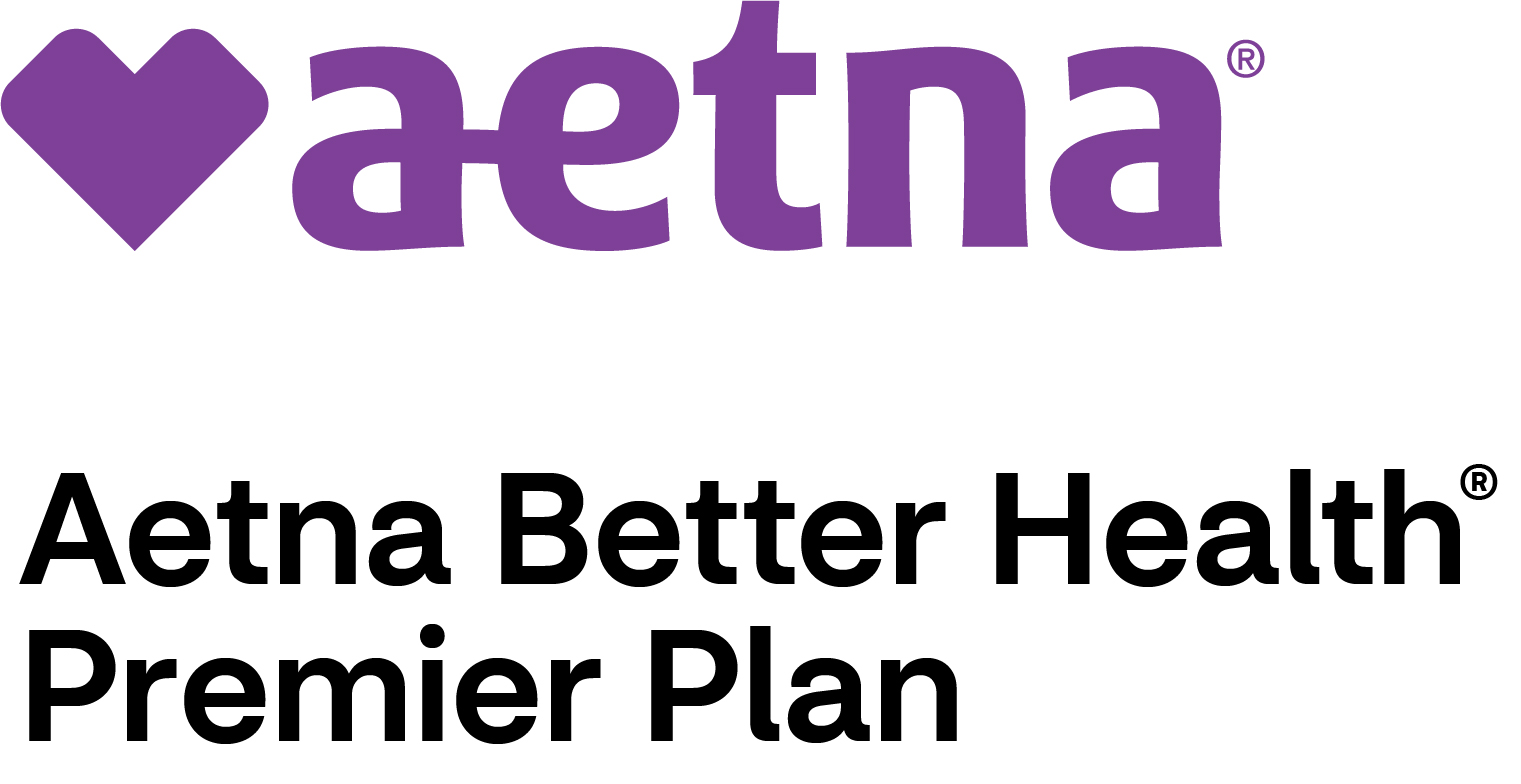Provider results
Cancer Screening
Preventing cancer
Most cancer cases are related to lifestyle. Healthy lifestyle choices decrease your risk of cancer and improve your overall health.
-
Stop smoking
-
- Talk to your doctor about aids for quitting, such as nicotine patches
- Get support from ex-smokers
- Develop a plan for quitting
- Pick a quit date and stick to it
-
Get to and stay at a healthy weight
-
- Get regular physical activity
- Limit high-calorie foods and drinks
-
Stay active
-
- Take walks, garden, or do other activities you enjoy each day
- Run errands on foot or bike, whenever possible, instead of by car
- Join a walking or biking club
-
Improve your diet
-
- Eat fewer red meats and processed meats
- Eat at least 2.5 cups of fruits and vegetables daily, especially leafy greens
- Eat more whole grains instead of refined grain products
- Eat more vegetable protein, such as tofu
- Eat foods from the cabbage family, such as broccoli, cauliflower and brussels sprouts
- Limit alcohol to 2 drinks a day for men and 1 drink a day for women
-
Protect yourself from hazards
-
- When outdoors during the day, put on sunscreen labelled SPF 15 or greater
- When out in sunlight, wear a hat and sunglasses
- Seek shade midday, when the sun is hottest
- Be aware of all hazardous substances at work or in your home
- When working with hazardous substances, wear protective clothing
-
Talk to your doctor about cancer screenings
-
Some cancer screenings, such as those for cervical and colorectal cancers, allow doctors to find and remove abnormal areas before they can become cancer. Other screenings can find other types of cancer early. This is when treatment is most likely to be effective. These screenings include:
- Breast (self-exam, professional breast exam, mammogram)
- Skin (self-exam, professional exam, biopsy)
- Cervical (Pap test, HPV test)
- Colorectal (screening for blood in stool, colorectal exam)
- Prostate (digital rectal exam, PSA blood test)
- Testicular (self-exam, professional exam)

